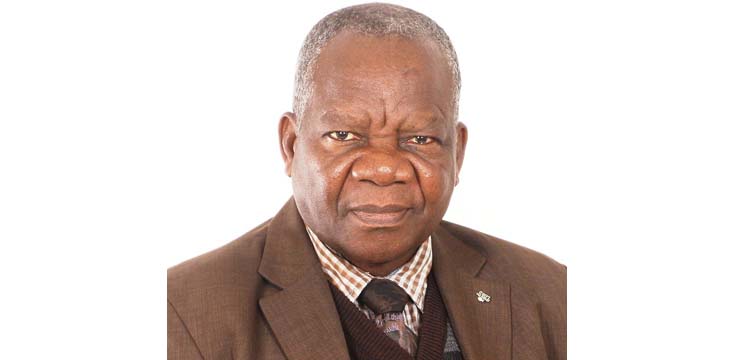‘Better trained teachers missing in basic education service delivery’
Absence of well trained, informed and educated teachers is a major factor militating against the delivery of quality basic education in Nigeria, according to Micheal Omolewa, an emeritus professor of adult education and former president of the General Conference of the United Nations Educational, Scientific and Cultural Organization (UNESCO).

“We could only wish that there were more intelligence, more concreteness and directness in the school teaching. But in order to realize this, we must have the bulk of our teachers better trained, better informed, and educated at many more points than at present,” says Omolewa while delivering the keynote speech at the 2nd Stakeholders’ Meeting on the Regulation of Basic Education in Nigeria, hosted by the Wole Soyinka Centre for Investigative Journalism (WSCIJ) Tuesday in Lagos.
“We must also have our courses of study and learning so regulated and co-ordered that our schools will become nursing mothers to youths of literary as well as those of manual capacity. For indeed, basic education is recognised as the key that opens all other levels of education and the foundation on which other levels and tiers of education is built.”
Omolewa said looking at the enormity of the challenge of regulating basic education service delivery in Nigeria what was still missing, in terms of regulation of basic education in the country and which needed to be fixed urgently, was “the understanding of what exactly has led to the failure of all past efforts that have impeded progress over the years in spite of all the concerted efforts made.”
He described the media as ‘critical to the achievement of the goals of basic education’ and thus advocated that it contributed “to the process of monitoring standards, through reporting issues of advocacy, funding, performance results that are capable of provoking competition, encouragement and inspiration.”
“International development partners should go beyond simply giving casual support to this vital sector of education. They can persuade their countries to adopt the modern Marshall Plan, the type of strategy used by the United States for the accelerated development of Germany after the catastrophic Second World War, and invest more heavily in basic education in the country,” admonished Omolewa.












